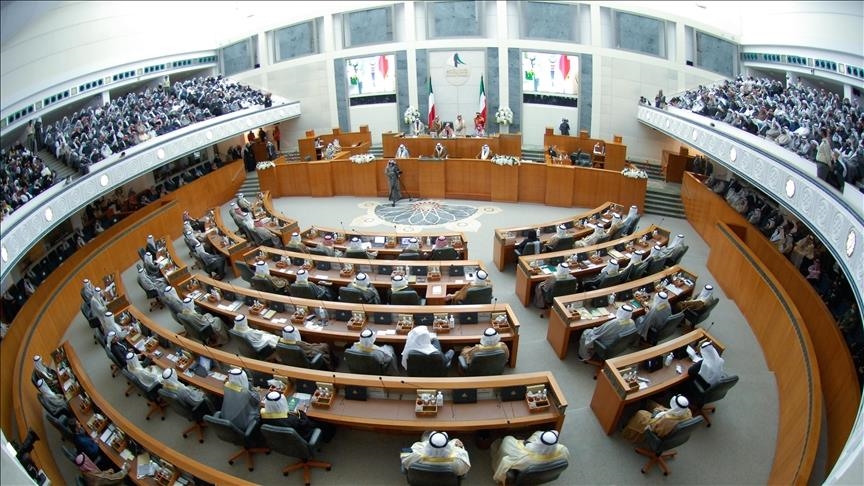Kuwait has been known to be the most democratic country in the Middle East. Article 6 of its constitution states that the “system of government shall be democratic, under which sovereignty resides with the people”. However, in the last decade, there have been several dissolutions of the parliament, which have led to numerous elections. Since 2016, no parliament has finished its full four-year term. The latest dissolution, declared by Emir Sheikh Mishal al-Ahmad al-Sabah, occurred on May 10 2024, only one month after the snap election on 4 April 2024. These perpetual dissolutions raise the question: is Kuwait failing its democratic system?
The most recent dissolution happened because the Kuwaiti Emir believed the parliament exceeded its authority and hindered national progress. One main reason is that he disliked that 30 out of the 50 members of Parliament were against the reappointment of the Interior Minister due to his previous subpar performance. This act of interpolating someone based on their performance in an earlier cabinet is deemed unconstitutional, as pointed out by the Emir. Since the parliament cannot vote people out of the cabinet for prior incompetence, it allows the Emir to control who governs the country. The parliament is given very little constitutional power, as such, it is unable to legislate properly. This undermines democracy and disregards the opinion of the citizens who chose the parliament to represent them.
As the parliament is an elected body, these continuous dissolutions due to the Emir’s beliefs of how the country should be run are far from democratic. It is important to note that the parliament is opposition-dominated, which causes tensions with the appointed cabinet. The fact that the views of the cabinet- appointed by the Prime Minister who in turn is appointed by the Emir – are held above that of an elected body, is a clear demonstration of the collapse of democracy in Kuwait. The conflicts between the cabinet and the parliament should be handled democratically, rather than through the dissolution of the parliament due to the Emir’s disagreements with the actions taken.
The head of the cabinet, who is also the Prime Minister, is none other than the Emir’s nephew, demonstrating that the royal family has a wide reach in decision-making processes in the country. Given that democracy should reside with the people, as per the constitution, allowing non-elected actors to hold such influence is undemocratic.
Walid Al-Tabatabai, a former member of the parliament, was arrested on 11 May 2024 for posting a tweet that criticized the dissolution and blamed foreign powers for influencing this decision. Although his claims about foreign interventions are unfounded, the reality remains that he was likely arrested to be silenced, further highlighting the lack of democratic practices in Kuwait. This also sets a precedent to hinder freedom of speech as Kuwaitis know that if they speak out against the Emir’s decision, they will be arrested.
In addition to the dissolution of the parliament, the Emir has also decided to suspend some constitutional articles, an integral document of democracy, for a maximum of four years. During this period, Kuwaitis are expected to witness actions toward the country’s re-democratization. Ironically, the Emir is abandoning democratic practices, such as holding elections in those four years, to uphold democracy.
Given that the Emir wants to restructure the constitution and the parliament to make them more democratic, ECDHR suggests that the Prime Minister be appointed by the elected parliament, rather than the appointed cabinet. This would allow for better cohesion and true democracy. In addition, Kuwait must revoke its ban on political parties to allow for more representation of the citizens and less power for one individual. Overall, Kuwait must create a stable electoral system that promotes democracy to ensure that the citizens are properly represented by the parliament.





